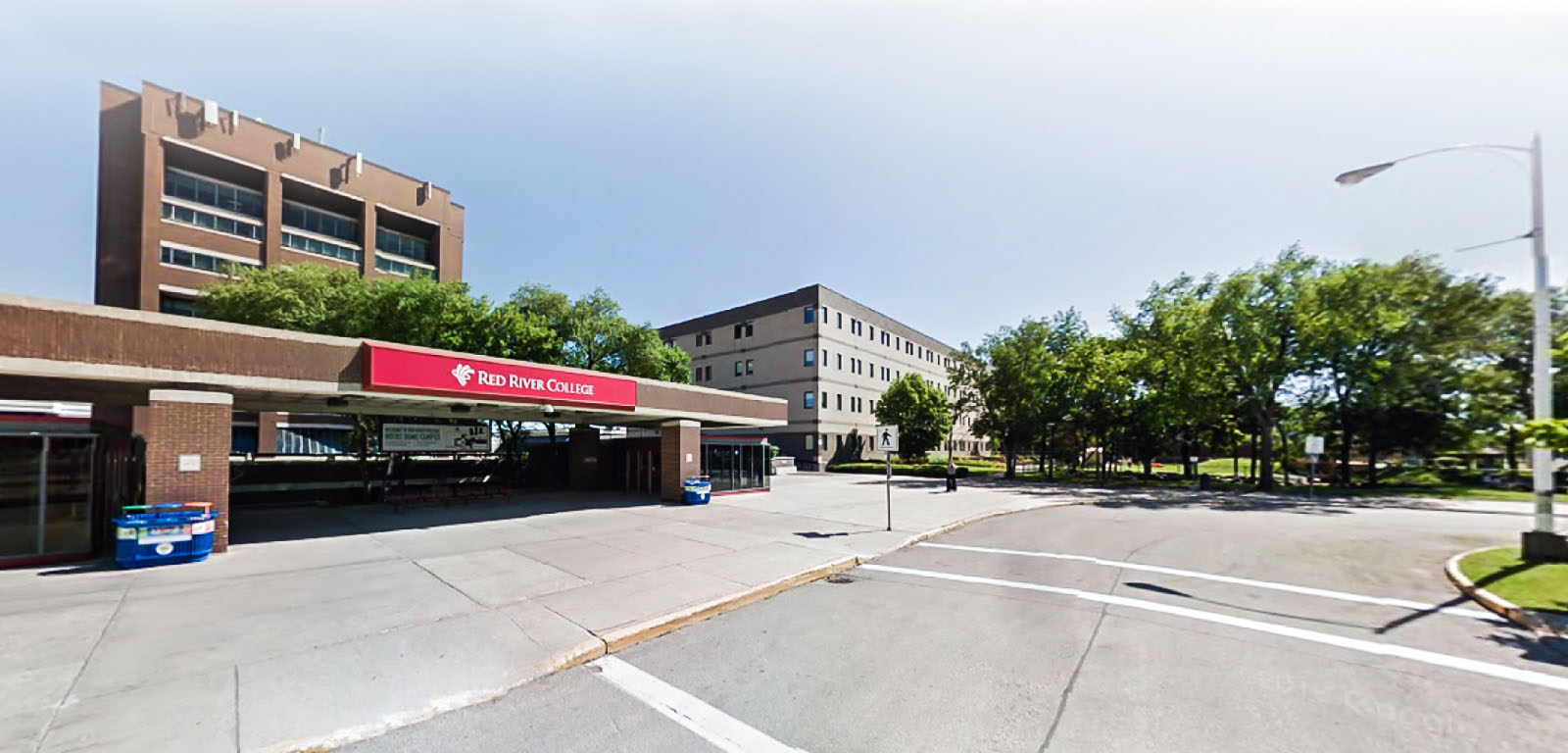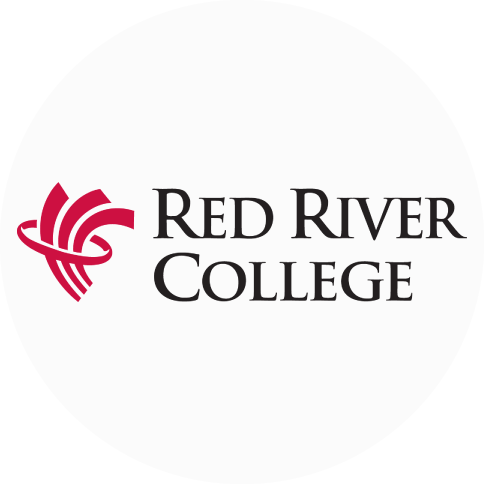A co-operative education program integrates a student’s academic studies with work experience in co-operative education employer organizations. The plan is for the student to alternate periods of experience in appropriate fields of business, industry, government, social services and the professions in accordance with the following criteria:
- each work placement is developed and/or approved by the College as a suitable learning situation;
- the co-operative education student is engaged in productive work rather than merely observing;
- the co-operative education student receives remuneration for the work performed;
- the co-operative education student’s progress on the job is monitored by the College;
- the co-operative education student’s performance on the job is supervised and evaluated by the student’s co-operative education employer;
- the total co-operative education work experience is usually not less thirty percent of the time spent in academic study.
Co-operative education plays an integral role in Red River College’s mission of providing high-quality educational and training opportunities. Co-operative education at Red River College is delivered through a decentralized system in order to reflect the unique situation of each department and ensure relevance to the industry served by the program.
All certificate and diploma programs at Red River College which are designated as co-operative education programs comply with the definition based upon the by-laws of the Canadian Association for Co-operative Education (CAFCE).
Students
As a student, you are eligible for co-operative education when you register for the following programs (work term in brackets):
- Business Information Technology (January – April, May – August)
- Business Technology Management
- Cabinetry and Woodworking Technology (May – August)
- Civil Engineering Technology (May to October)
- Construction Management (May to October)
- Electrical / Electronic / Instrumentation and Control Engineering Technology (May – August)
- Hospitality, Culinary Arts and Professional Baking and Pastry (May to August, September – December)
- Mechanical Engineering Technology (May to August)
- Science Laboratory Technology (May – August)
In optional co-op programs, you can apply after first year. Students must achieve a cumulative grade point average 2.0 with a complete work load in order to be considered for co-operative education.
Benefits of taking a co-op education program are:
- provides you an opportunity to apply knowledge in a work setting
- helps you clarify your career direction
- assists in developing your confidence in your skills and abilities
RRC makes every effort to secure work placements for all co-op students. However, RRC does not unconditionally guarantee a work placement to students who enroll in programs using co-operative education.


